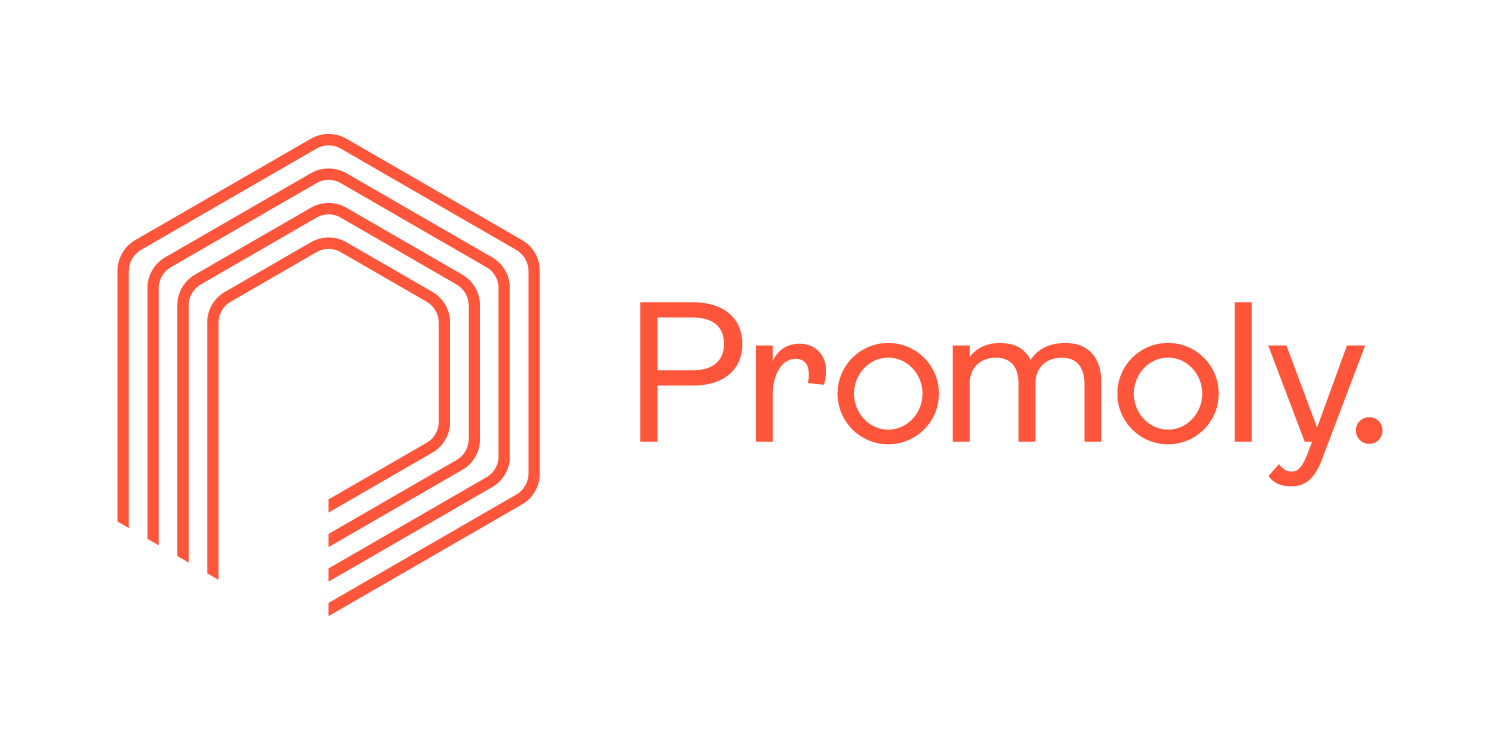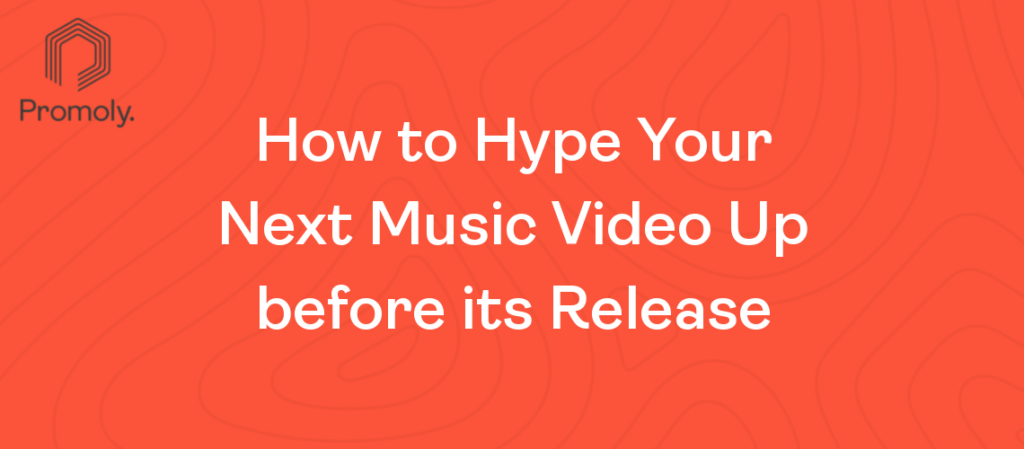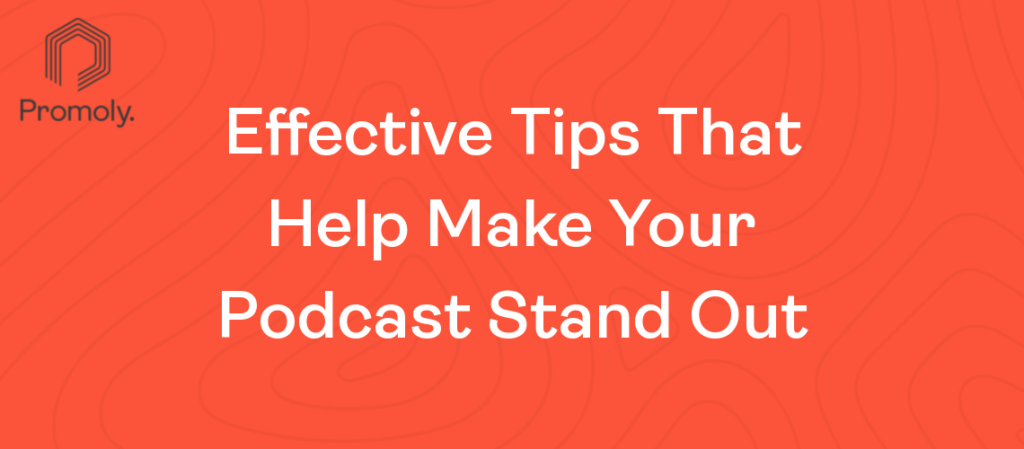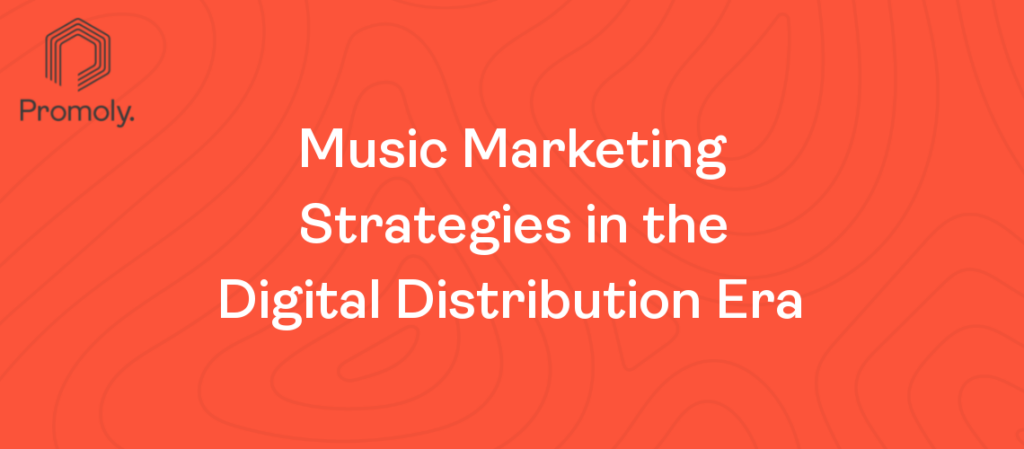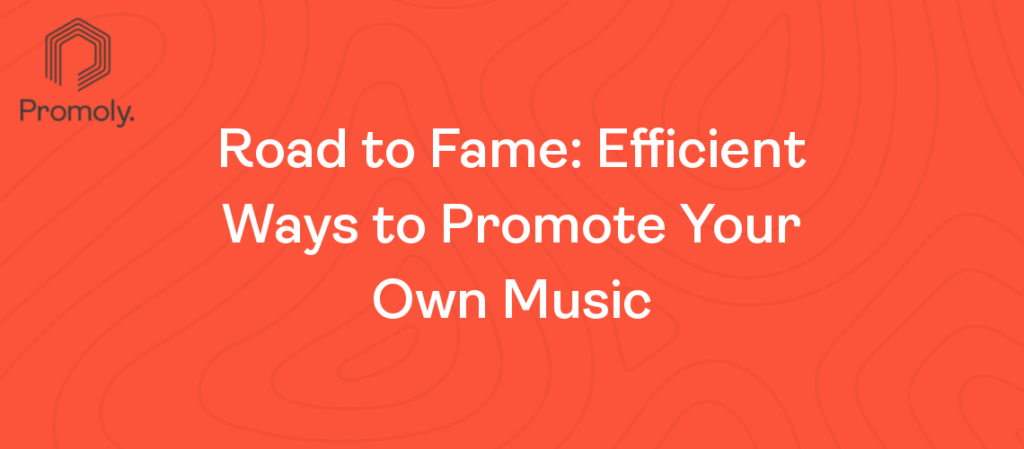Whether you’re brand new to podcasting or a seasoned podcast veteran, it is never too late to start tracking your podcast success the right way. While there is an extensive list of important metrics that can help you understand your audience and focus your methods, we’ve narrowed our list down to the top five key performance indicators (KPIs) for tracking your podcast success.
1. Unique Listeners
The number of specific individuals or devices that have listened to one of your episodes are referred to as unique listeners. This figure accurately depicts the number of individuals listening to your podcast—no interpretations, just one number. While comparable, this number differs from “total listens,” which displays how many times the play button is clicked, including multiple plays on the same device. While both are significant, unique listeners will better reflect your podcast’s reach, and most podcast streaming providers will be able to offer you this number.
2. Subscribers and Downloads
Subscribers and downloads are two similar metrics that are dependent upon one another. When you grow your subscribers and downloads at a more rapid pace, it means that more people are listening to your podcast consistently. Still, it does not necessarily address whether or not they are listening to new episodes. This is why these metrics are important, but should not be treated as the sole indicators of your podcast’s success. Your subscribers and downloads should be measured over the long term, not in short bursts—you want to see consistent growth.
3. Social Sharing
Social sharing is a great way to measure how your audience is engaging with you and your podcast. Social sharing should be tracked over the long term, especially since it is very easy to share your content on social media platforms. The number of social shares is a great way to measure your audience’s trust in your brand, and it can give you a better understanding of topics your audience is interested in.
4. Retention Rate
Retention rate is a metric that describes the percentage of your listeners who listen to your entire episode after downloading. This is an important metric to track because it indicates whether or not your listeners are engaged with your podcast. A low retention rate will also tell you that there is room for improvement. You can then look at a specific episode to see where your listeners are giving up, and improve that part of your podcast.
5. Reviews
Reviews are an indicator of your podcast’s quality and your audience’s satisfaction. Podcast streaming platform users are encouraged to leave reviews, but it is not required. Podcasts with a high number of reviews are more likely to be ranked higher on streaming platforms. This shows that your audience is listening to your podcast and is motivated enough to take action by leaving you a review.
Conclusion
Podcasting is becoming more and more popular, and it is important for you to do everything in your power to track your podcast success in the right way so you can gain a better understanding of your audience. While each of these five KPIs offers a glimpse into how your podcast is doing, you should look at it to identify your strengths and weaknesses and make the necessary improvements to your podcasting methods.
Should you need help with your audio marketing strategy for your podcast, contact Promoly. We help innovative brands promote their audio over email and social media. Track recipient engagement, drive more features, push more sales and get your brand noticed. Start now; no credit card required.
